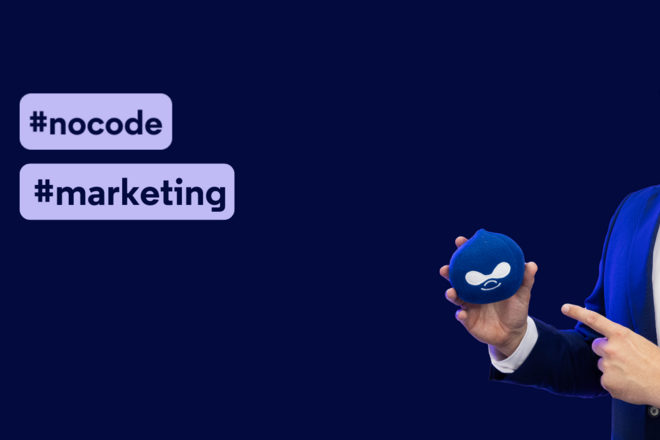Blog /CMS
Looking for expert insights on content management systems? Our CMS blog category offers practical tips, best practices, and useful tools you can apply right away.
Explore topics such as managing multilingual websites, evaluating CMS vendor proposals, and building an effective list of requirements. Learn how a CMS can support marketing and sales, streamline integrations with external systems, and discover inspiring case studies. Whether you're choosing, implementing, or optimizing a CMS, you'll find valuable guidance here.










